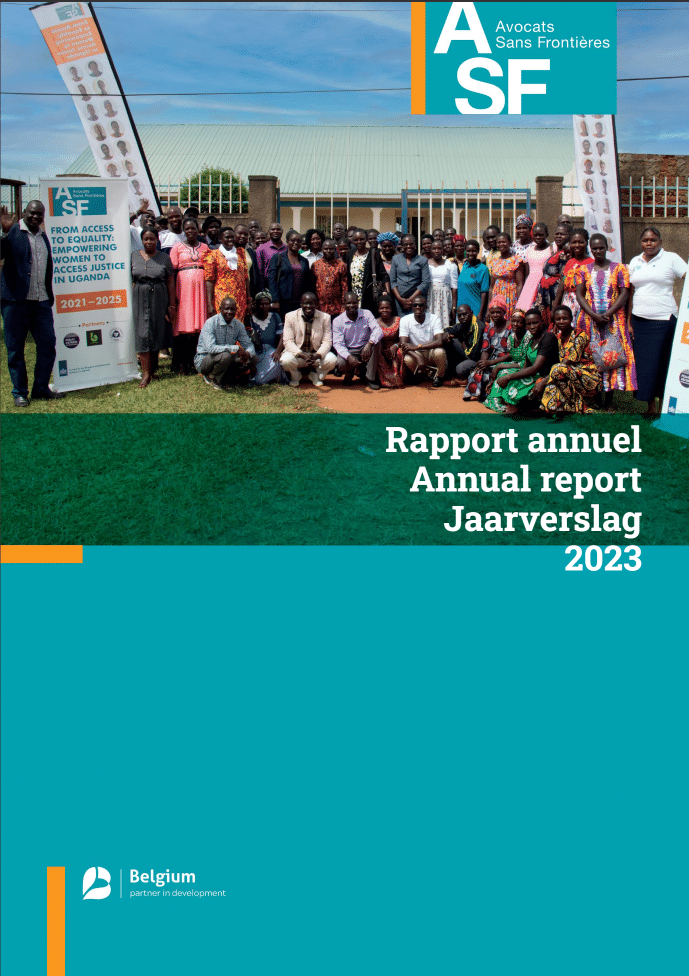Country: Central African Republic (the)
-
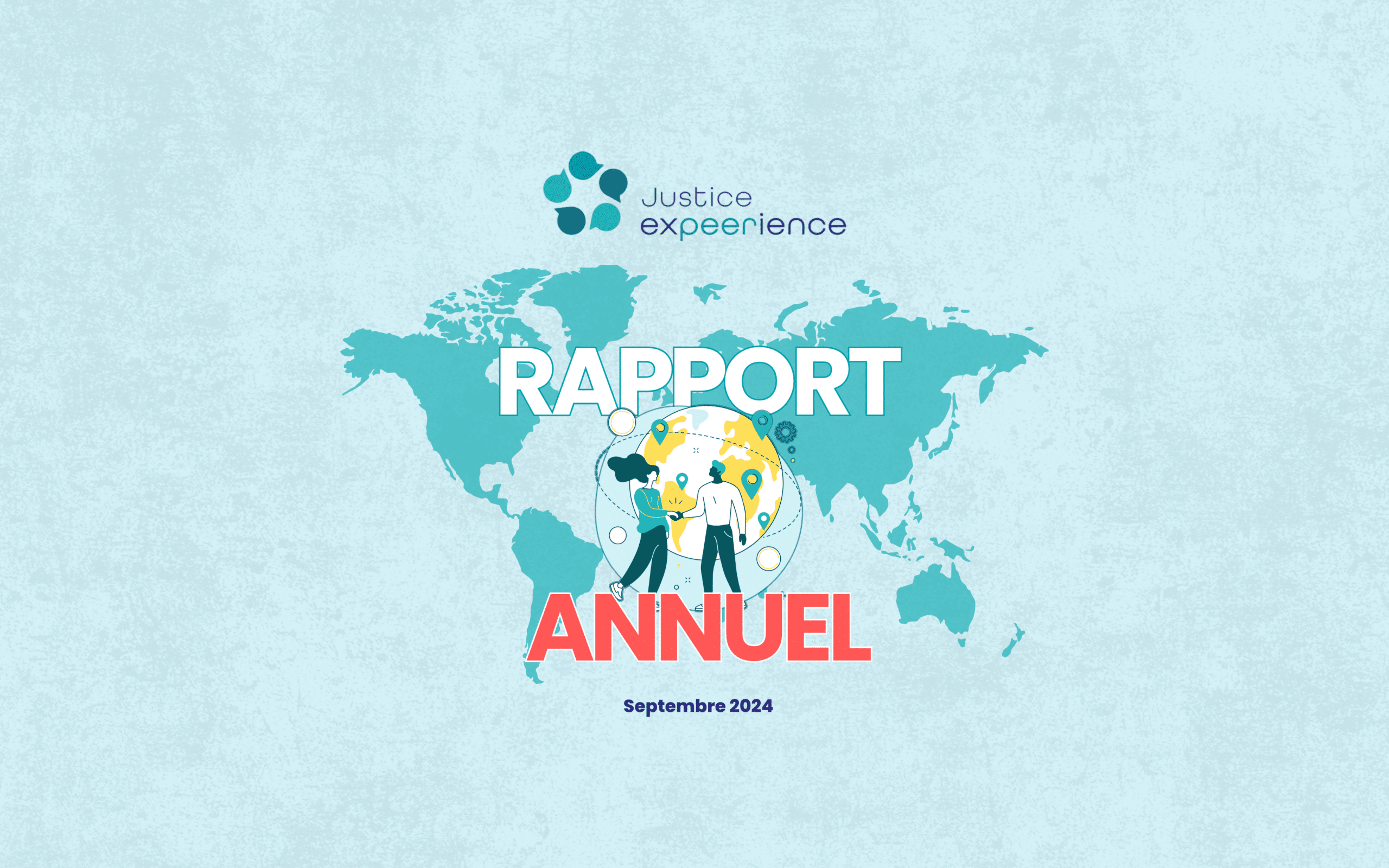
The Justice ExPEERience network keeps growing: evolution and new features
Justice ExPEERience celebrated its 3rd anniversary this summer! To mark the occasion, the network’s coordination team is proud to present the Justice ExPEERience annual report.
-
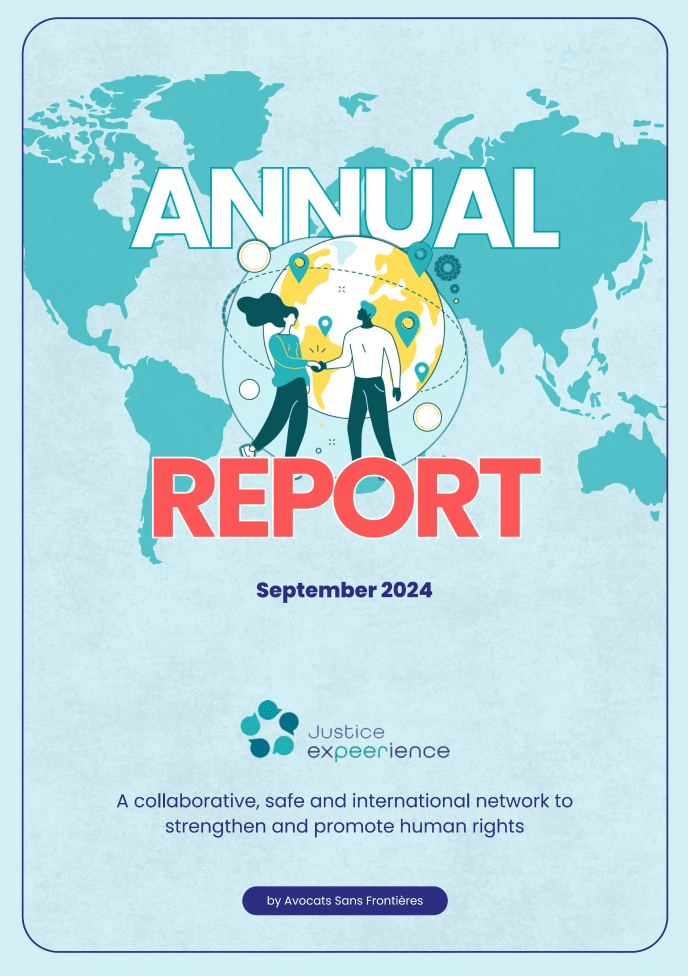
-
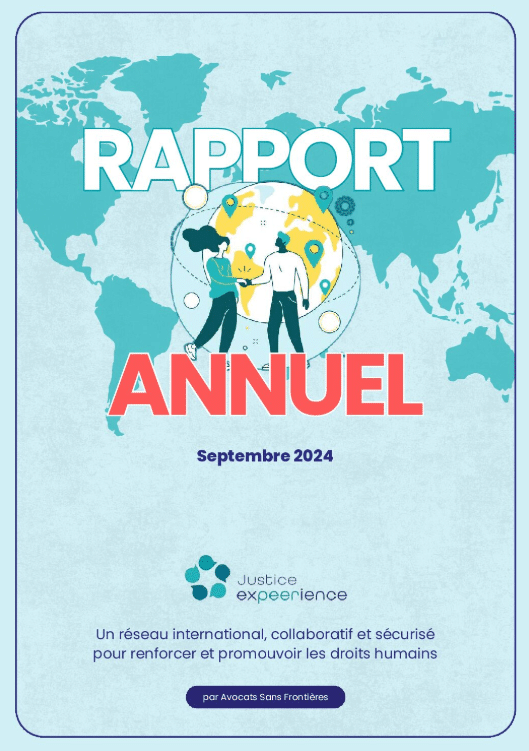
-
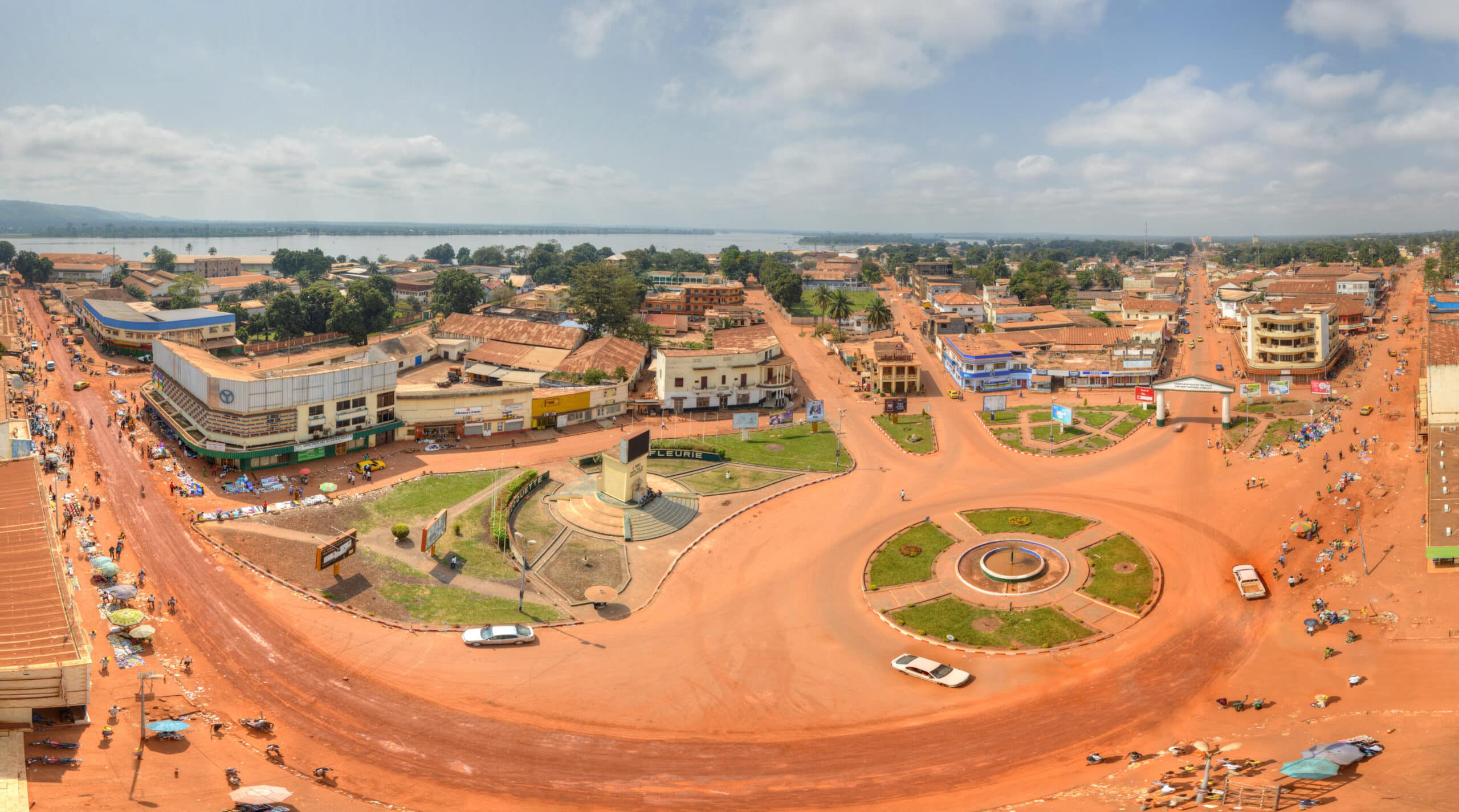
The Central African Republic – Protecting human rights defenders
ASF and its partners in the Central African Republic are supporting women human rights defenders in order to enable them to offer appropriate support and quality services to people in vulnerable situations in their needs for justice and guidance.
-

What’s new with Justice ExPEERience?
Justice ExPEERience was launched in 2021 by Avocats Sans Frontières. Today, the network brings together over 800 members working in the fields of human rights defense, access to justice and the fight for social justice in some 50 countries.
-
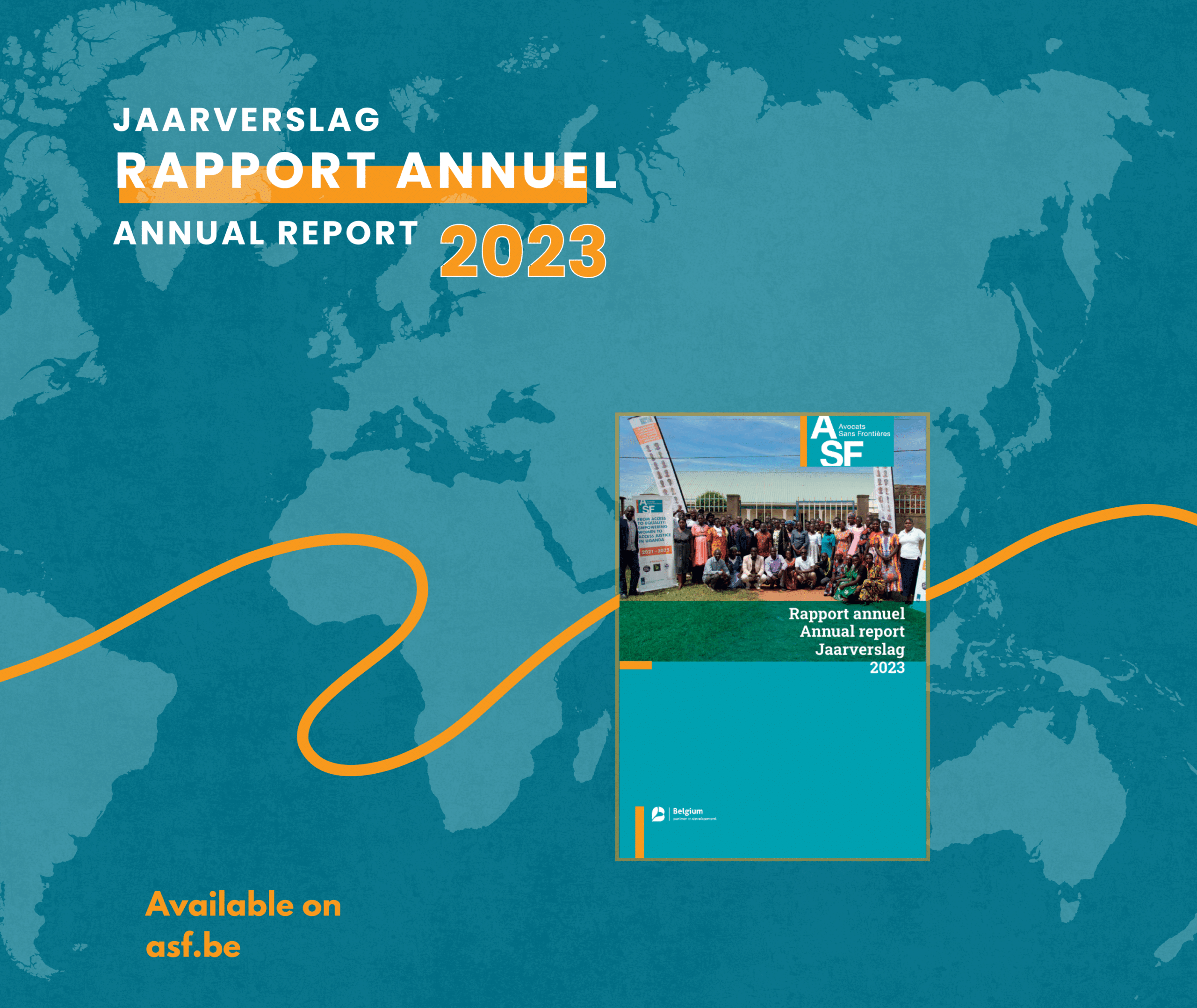
ASF’s annual report is available!
ASF has just published its 2023 annual report. In it, the organisation discusses the many challenges it faces at a time when authoritarianism is on the rise and the principles of human rights and the rule of law are being attacked throughout the world. In the face of these challenges, ASF is adapting and adapting…
-
Ensuring effective access to law and justice
Funding: French embassy in CARDuring: 11 months (June 6th 2024 > April 30th 2025
-
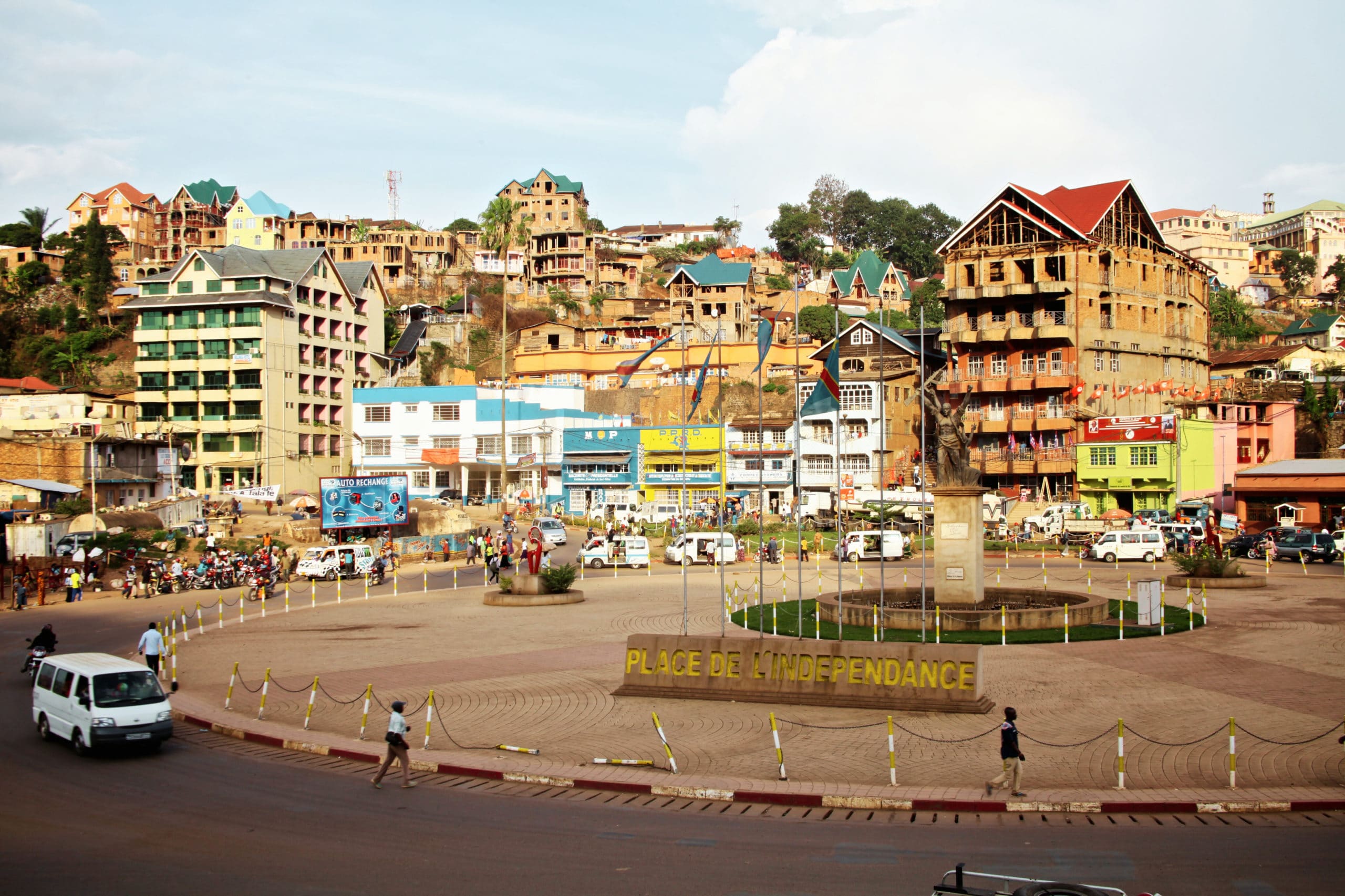
Defending the defence: The lawyer faced with the peril of repression
Legal proceedings, harassment, intimidation, deprivation of liberty, and sometimes direct physical harm. Throughtout the world, lawyers working on behalf of human rights, civil society or vulnerable groups are threatened and attacked simply for doing their job. This is the reality that we and our partners have to face wherever we operate. Our teams report repeated…
-
Gbou Kôkô (Defend)
Funding: European UnionDuring: 18 months (January 2024 > June 2025)

